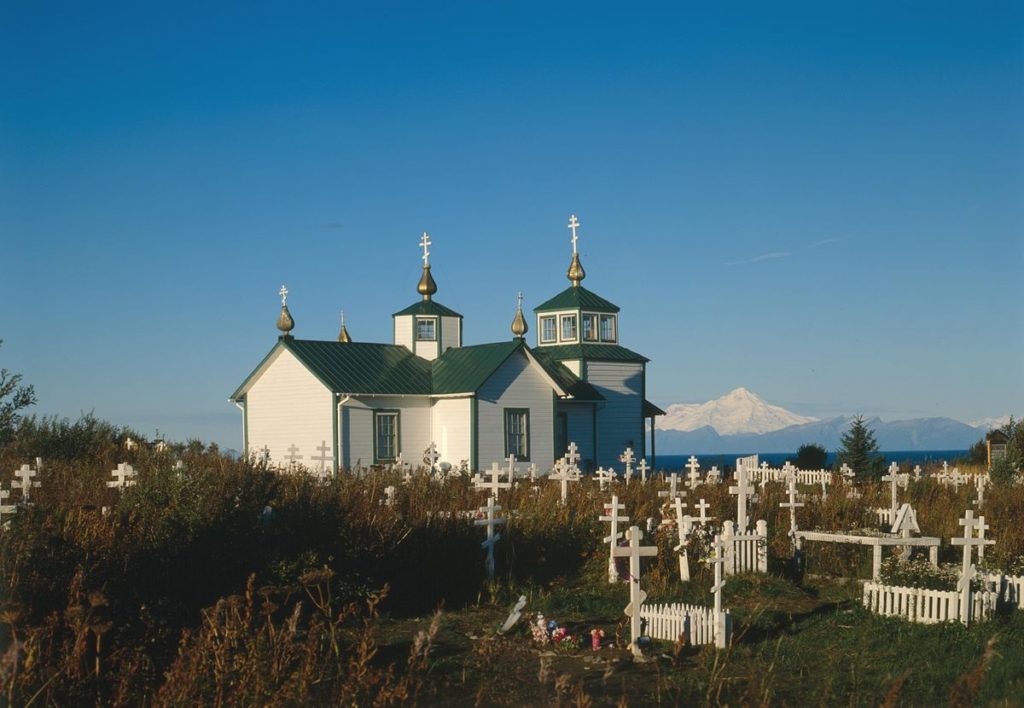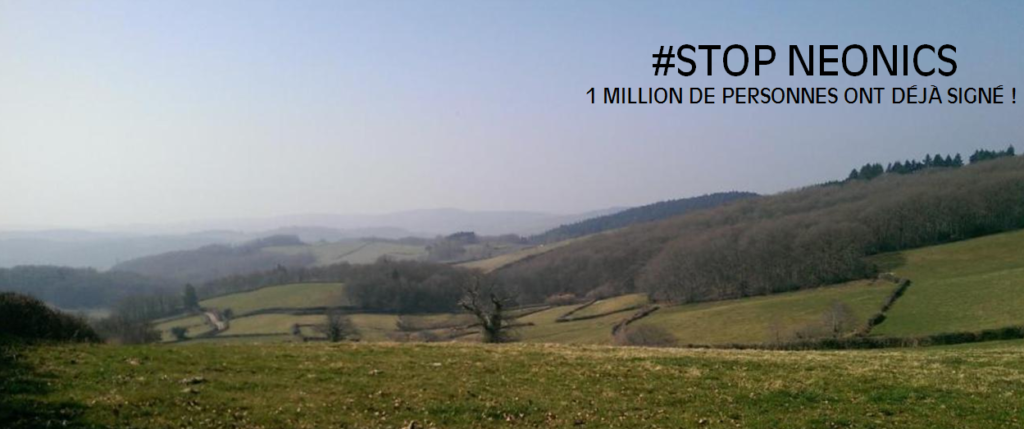Click here for the online public consultation.
This public consultation concerns all pollinators including butterflies, moths, bees, hover-flies, bats and beetles, and is set up within the EU Pollinators Initiative. It comes in the wake of the European Parliament’s mid-term review of the Biodiversity Strategy 2011-2020 which expresses serious concern about pollinator decline. According to the review, the value of pollination services provided by insects is estimated at €15 billion a year.
Commissioner for the Environment, Maritime Affairs and Fisheries, Karmenu Vella said at the launch:
“Scientists have warned us of steep pollinator decline across Europe. We have a good understanding of declines for some pollinators while there are knowledge gaps for others. But it is beyond doubt that it is time to act. If we do not, we and our future generations would pay a very heavy price indeed.”
Butterflies and bees figure on the International Union for Conservation of Nature/IUCN’s red list of threatened species.

The UN’s Intergovernmental Science-Policy Platform on Biodiversity and Ecosystem Services/IPBES published a report in 2016 stating that 9% of bee and butterfly species in Europe are threatened; populations are declining – by 37% for bees and 31% for butterflies.
The European Food Safety Authority/EFSA will publish in February an evaluation of risks caused by neonicotinoid pesticides which will contribute further to the debate.
The IPBES claims that between US$ 235 billion and US$ 577 billion-worth of annual global food production relies on direct contributions by pollinators, as reported by the FAO. IPBES Vice-Chair, Sir Robert Watson says “the decline in wild pollinators (particularly bees and butterflies) is primarily due to changes in land use, intensive agricultural practices and pesticide use [such as neonicotinoids], alien invasive species, diseases and pests, and climate change.”
At the publication launch, February 2016 in Kuala Lumpur, of the first global assessment of pollinators, the Director General of the FAO José Graziano da Silva said : “The complex and integrated development challenges we face today demand that decision-making be based on sound science and takes into account indigenous and local knowledge” (my italics).
So, not only NGOs and professionals: all EU citizens who have knowledge of and care about these pollinators struggling to maintain our crops now have a chance to help by filling in this petition, too.
______________________
See also:
To Bee or not to Bee
Raise your own : Beekeeping in France
Bee-killing neonicotinoids to be banned by European Commission
Neonicoinoids: sales up in France, despite ban
France votes in ban on neonicotinoids


















